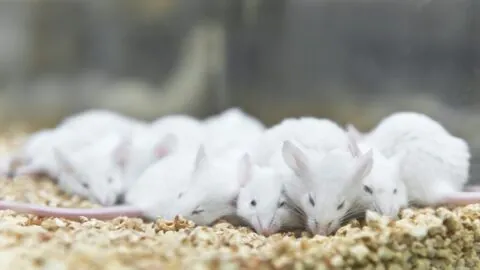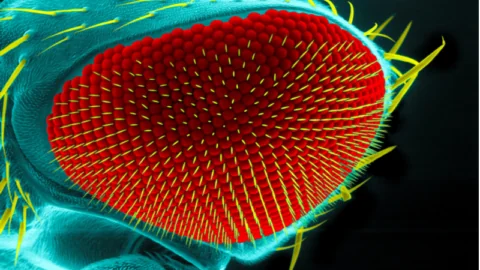June 04, 2025
A recent analysis of over 20,000 middle-aged and older adults showed an association between a later chronotype (‘night owls’) and cognitive decline among highly educated people [1]. Early birds and night owls One risk factor linked to dementia is a disrupted circadian rhythm, the natural 24-hour cycle of sleep and activity patterns. Common disruptions in...
February 05, 2024
In Cell Reports Medicine, researchers have published a study demonstrating that, while it has no impact on many aspects of intestinal function, time-restricted eating (TRE) reduces markers of blood glucose. A matter of when rather than what People who conduct TRE, choosing to consume food only at certain times of the day, often report improvements...
December 18, 2023
According to a new populational study, timing meals to natural circadian rhythms and maintaining a long nightly fast is positively associated with cardiovascular health, especially in women [1]. The natural rhythms Diet is one of the most powerful modulators of health and longevity. The amount, type, and timing of meals are all important. Like most...
October 27, 2023
Scientists have found that intermittent fasting can ameliorate Alzheimer’s in mice by improving sleep patterns [1]. Time to eat, time to fast Time-restricted eating, also referred to as intermittent fasting (IF), can take different shapes, such as the one-meal-a-day regimen, alternate-day fasting, or 16/8, in which a person fasts for 16 hours and eats during...
August 23, 2023
A review published in Aging Cell has explored the impact of spaceflight on human and other organisms' health and aging [1]. Hazards of spaceflight Will sending humans to space make them age slower or faster? Will they be healthier, or will their health suffer? As space exploration progresses, researchers are working to find answers to...
June 16, 2022
A new study published in Nature has reported on how caloric restriction, circadian rhythms, and molecular clocks interact to affect the ocular health and lifespan of fruit flies. Circadian rhythms, clock genes, and photoreceptors The researchers begin their paper by discussing the concept of circadian rhythms, which are the 24-hour cycles that organisms have evolved...








